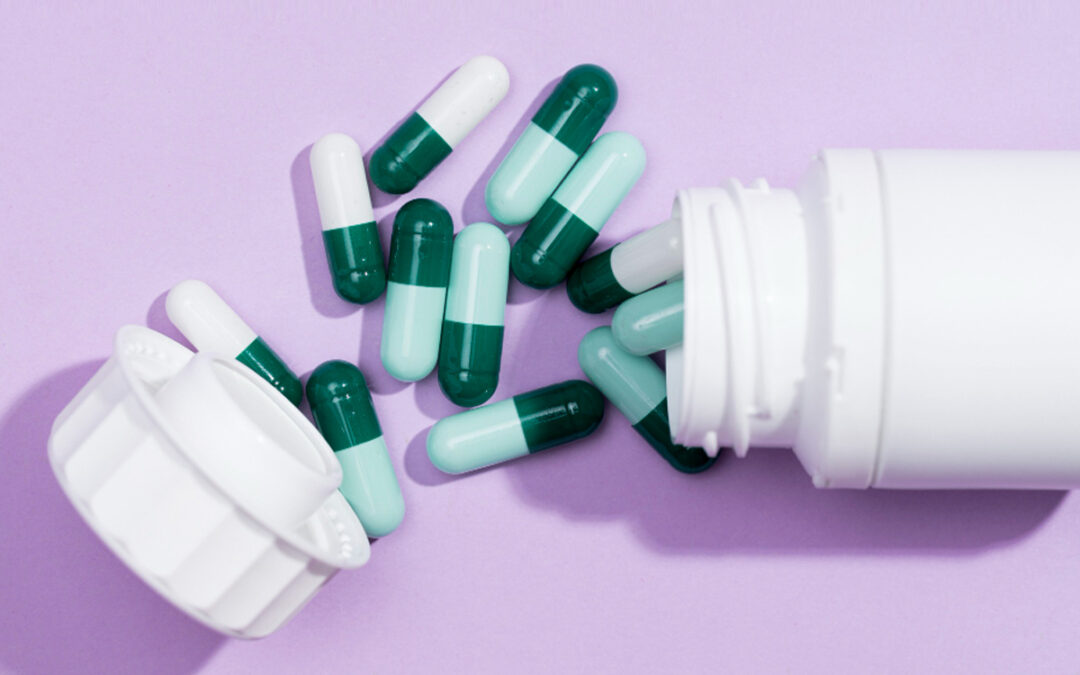Share this blog post with your friends
Antibiotics are powerful medications that help fight infections caused by bacteria. They have saved countless lives since their discovery, but over time, there has been improper use of it. Every time antibiotics are taken unnecessarily for colds, the flu, or other viral infections they lose effectiveness, and bacteria become stronger. This not only affects those who misuse them but also threatens public health, as resistant bacteria can spread within communities. The consequence? Routine infections that were once easily treated could become life-threatening. In this article, we will explore what antibiotics are, how they can be misused, and what steps we can take to ensure they are used responsibly.
What Are Antibiotics?
Antibiotics are medicines designed to kill bacteria or stop them from multiplying. They are prescribed by doctors to treat bacterial infections like pneumonia, urinary tract infections, and strep throat. It’s important to note that antibiotics only work against bacteria—not viruses. This means they won’t help with illnesses like the common cold or the flu, which are caused by viruses.
Common Misconceptions
Many people mistakenly believe that antibiotics can cure any infection, including those caused by viruses. Another common misconception is that taking antibiotics for a shorter period than prescribed or using leftover antibiotics from a previous illness is okay. Both practices are harmful and contribute to the growing problem of antibiotic resistance.
Causes and Effects of Misuse
Causes of Antibiotic Resistance
Antibiotic resistance occurs when bacteria change in response to the use of antibiotics, making the medications less effective. Over time, resistant bacteria can spread, causing infections that are harder to treat. One major cause of antibiotic resistance is the overuse or incorrect use of these medications. Each time you take antibiotics when they’re not needed or don’t finish your full prescription, you give bacteria a chance to become resistant.
Overuse and Self-Medication
Overuse of antibiotics happens when they are prescribed for conditions they can’t treat, such as viral infections, or when people use antibiotics without a doctor’s advice. Self-medicating with antibiotics is particularly dangerous because it can lead to the development of resistant bacteria and may cause more harm than good.
Consequences for Health and Society
The rise of antibiotic-resistant bacteria has far-reaching consequences. Infections that were once easily treated with antibiotics are becoming harder to cure, leading to longer hospital stays, more expensive treatments, and, in some cases, death. On a societal level, the overuse of antibiotics drives up healthcare costs and makes routine surgeries and medical treatments, such as chemotherapy, riskier due to the increased chance of infection with resistant bacteria.

